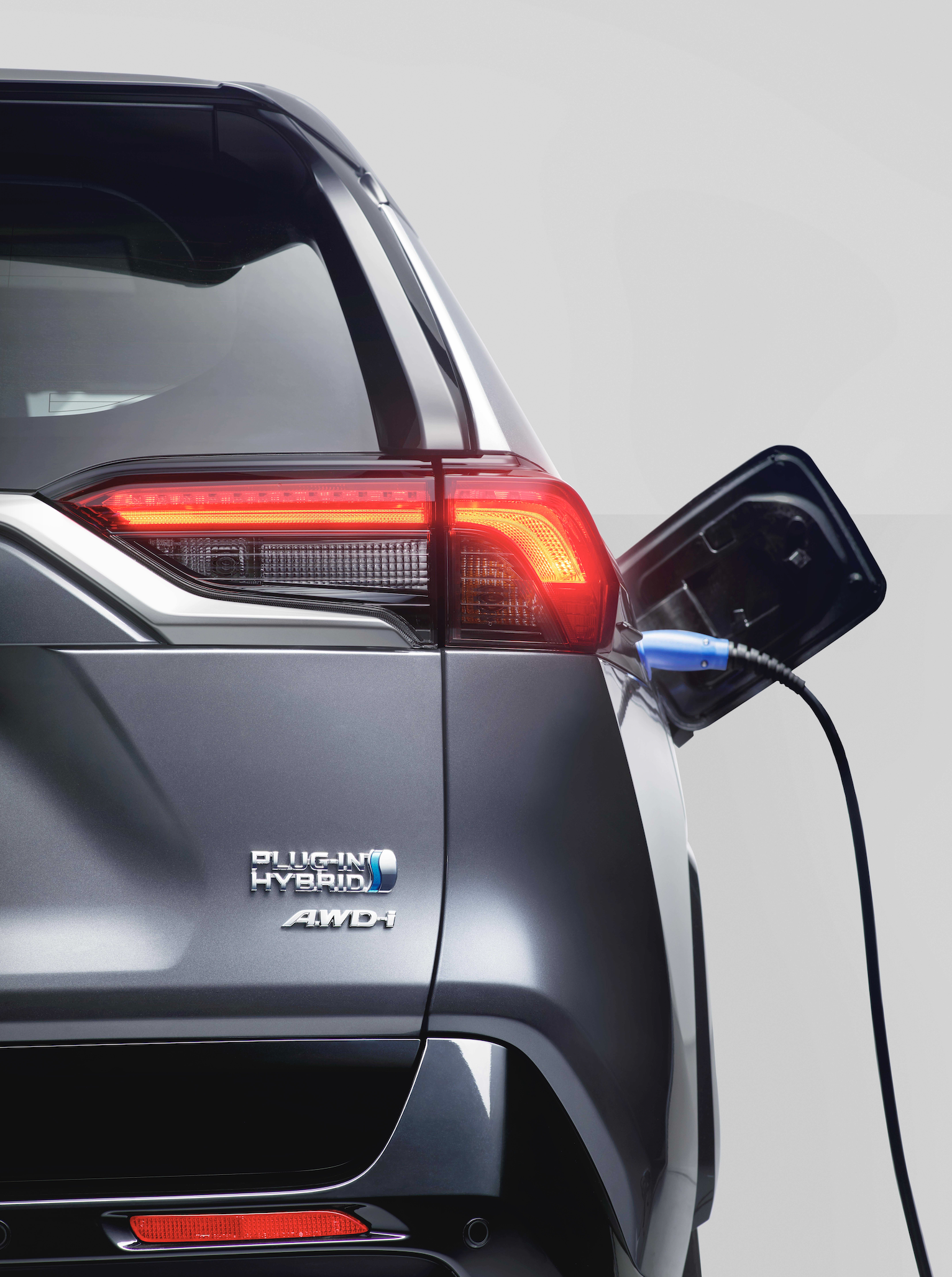Toyota Announces Battery Electric SUV, Probably for Europe Only
By Edward A. Sanchez – Dec. 8, 2020
Toyota, the undisputed leader in hybrid technology, has been one of the biggest and most vocal holdouts against full battery electrics, instead using misleading terminology to describe its hybrids as “self-charging” and marketing campaigns disparaging the short range and other shortcomings of full battery-electrics. Now, facing an effective ban on internal combustion engines in many markets in as soon as a decade, Toyota has little choice but to get on board with the trend toward full electrification. Toyota’s European regional media site announced the coming unveiling of a full battery electric SUV “in the coming months.”
Specifics about the vehicle and specifications are scarce, other than that it will be the first vehicle on the company’s new “e-TNGA” platform, and will feature a modular platform supporting front, rear, or all-wheel-drive powertrains, and that it will be built at Toyota’s ZEV Factory in Japan.
Accompanying photos and artwork with the release show a vehicle that looks similar in profile and packaging to the new Venza, which itself is essentially a variant of the RAV4. An accompanying speech transcription shows Toyota still touting the virtues of its hybrid system and generous use of the term “electrification,” a deliberately broad term encompassing everything from traditional non-plugin hybrids, plug-in hybrids, fuel cells, and full battery electrics.
Toyota has long relied on its hybrid technology rather than going full electric. If Toyota wants to continue to be a world player, that will have to change.
It’s almost as if you can hear Toyota’s subliminal feelings on the issue. “Sigh…Okay, okay, we get it! We need to do a full electric. Okay, here it is. You happy now? Now if you’ll excuse us, we need to get back to selling hybrids.”
That is to no way imply that Toyota’s effort will be lacking, inferior, or half-baked. Toyota has vast and substantial engineering resources, and when the company focuses its efforts, it can have revolutionary implications, just as the Prius did in the mid-late ‘90s and early 2000s.
In time, Toyota will probably be a substantial and large-volume player in BEVs. But it is clearly not at the forefront of development and innovation in the space, at least not in market-ready technology. Supposedly the company has invested a lot of R&D resources in solid-state battery technology, one which could have potentially revolutionary implications for battery power density, range, and longevity.
But rather than innovating quickly and being “ahead of the curve,” it seems that Toyota will simply align its product planning to global regulatory mandates so that it has a battery-electric product in markets where ICE or traditional hybrids will be effectively banned. The company has enviable customer loyalty, and will likely enjoy a measure of success on that basis alone.
However, whether Toyota continues to be the global juggernaut that it has been for the last several decades remains to be seen. As I’ve noted before, products or companies that didn’t even exist 15 years ago today have sweeping and dramatic influence over business and society. We will see which “side of history” Toyota ends up on.
(Images courtesy Toyota)
Follow us on Google News and like us on Facebook








